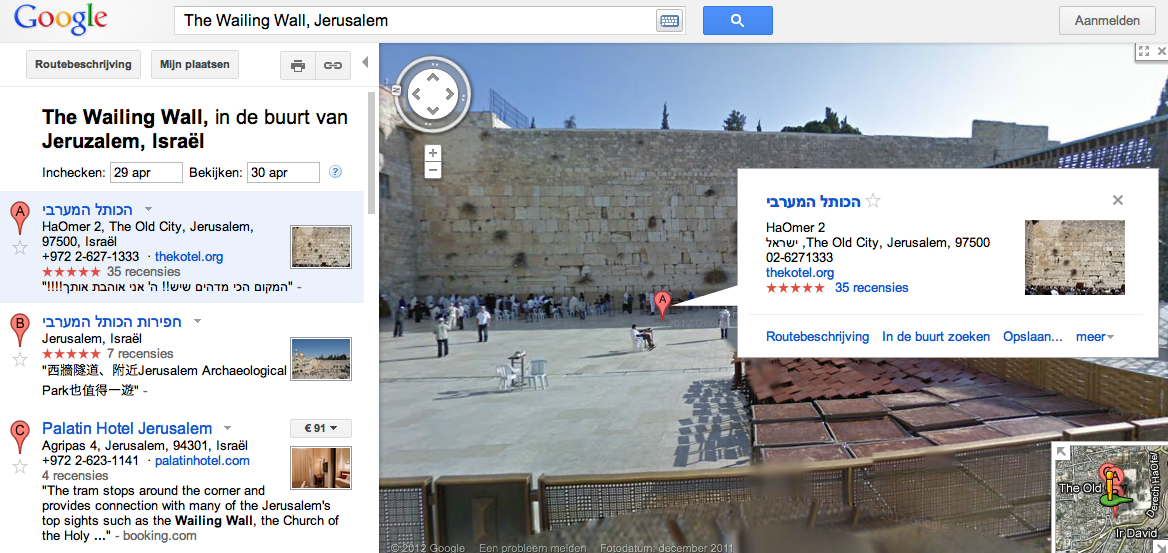HP’s LTE Chromebook 11 to skip on 3G hardware, says chip supplier Altair


Update: Best Buy is already listing the new model online for $379 (via Liliputing).
Reuters is reporting a claim by Israel’s Altair Semiconductor that HP will be launching a LTE-only Chromebook 11, with connectivity provided by the company’s chips.
“Our solution equips the Chromebook with a dependable and incredibly fast Internet connection,” said Eran Eshed, vice president of marketing and business development at Altair. “By focusing on 100 percent LTE and eliminating costly 3G components, we were able to help our partners lower the cost of this critical LTE connectivity feature” …
Google’s high end Chromebook Pixel is also LTE-only but the move for a more bargain-centric product has some folks scratching their heads….
Expand
Expanding
Close


